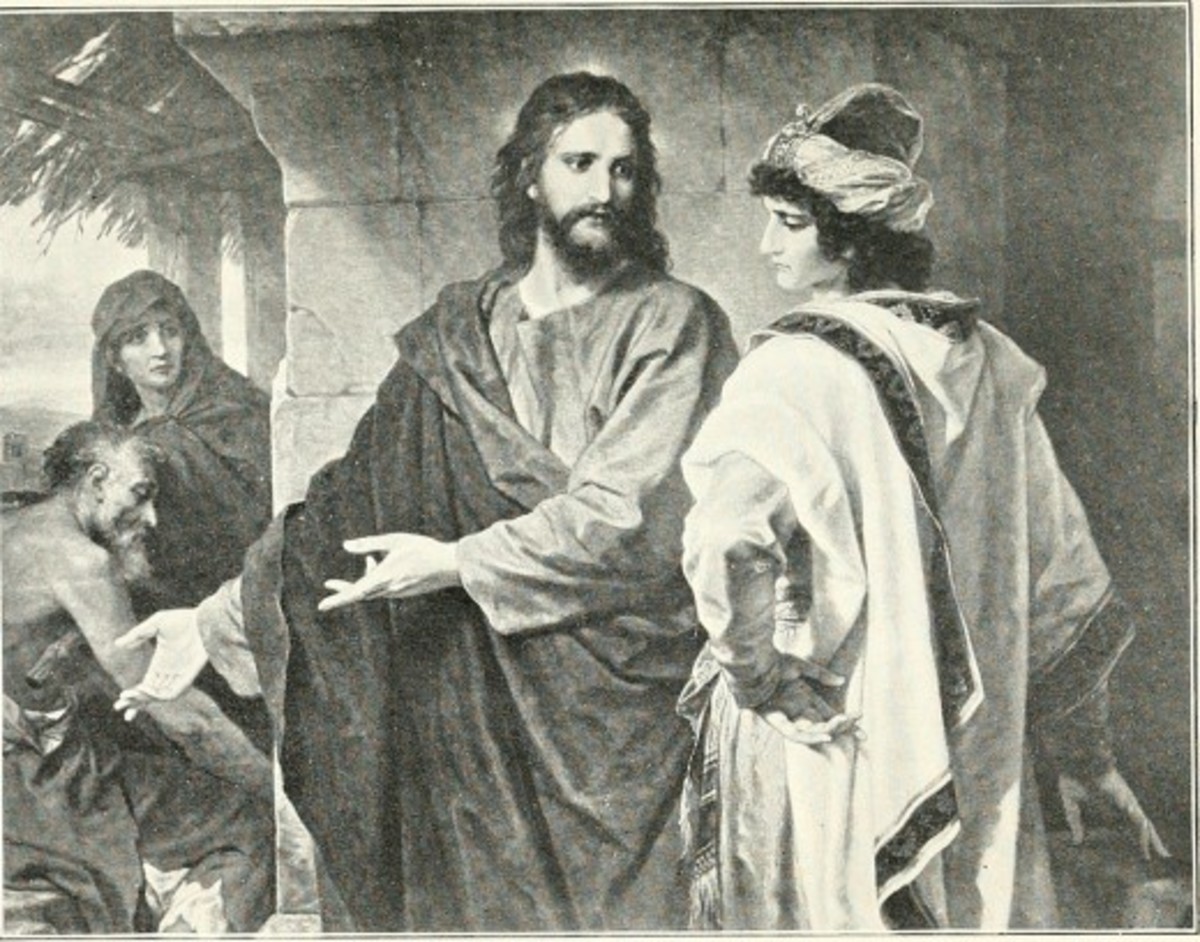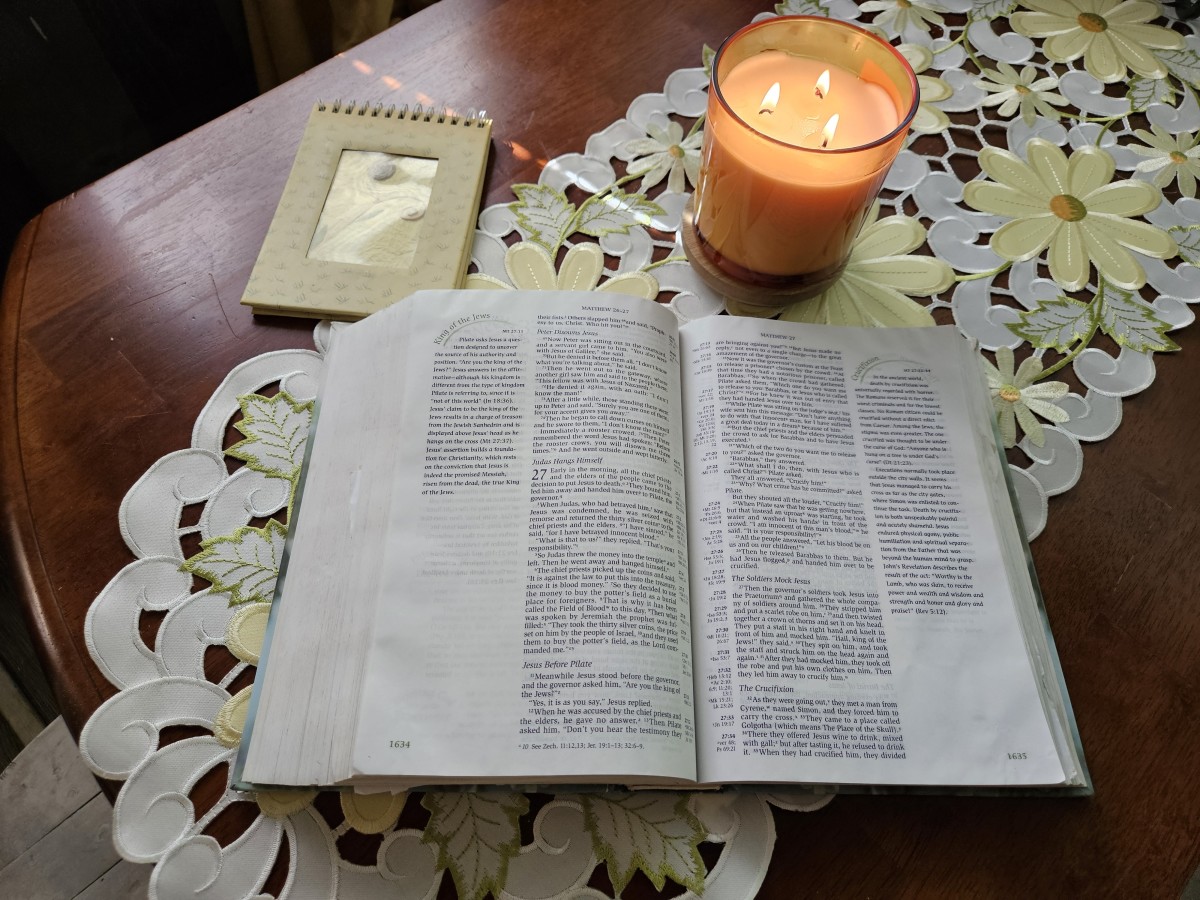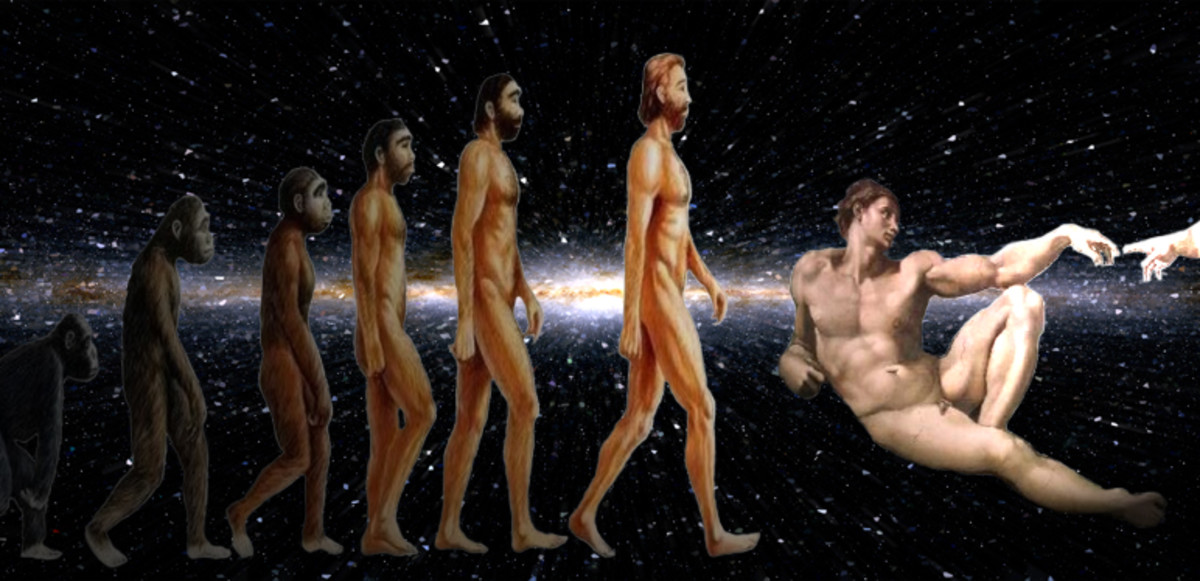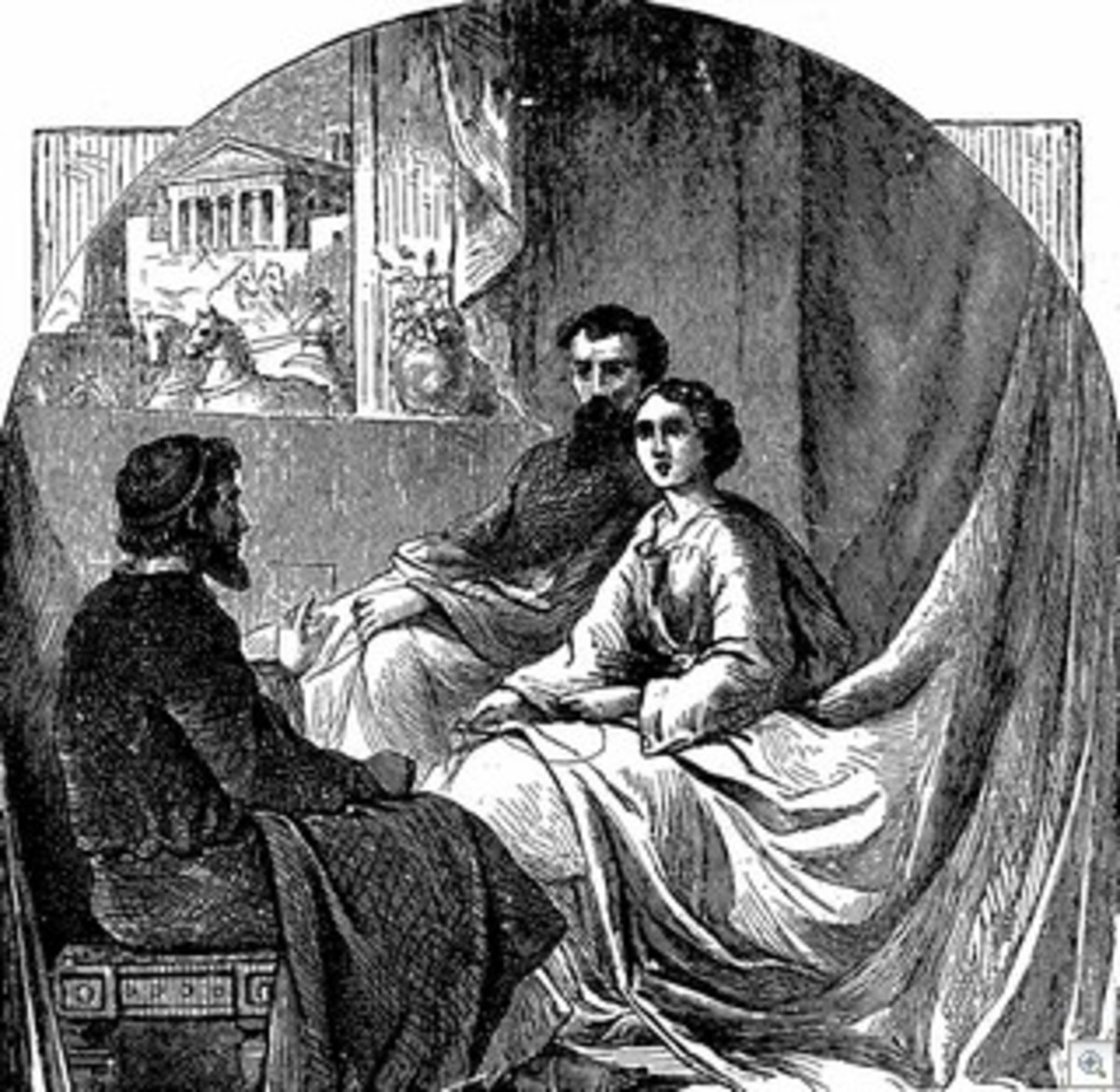Commentary on the Gospel of John Part Three
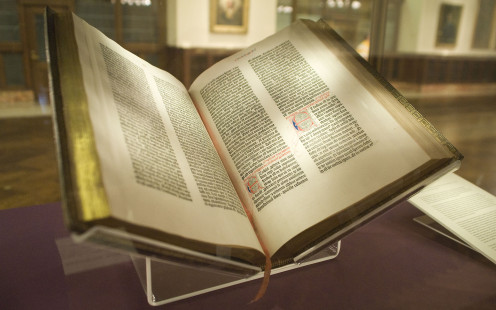
And this is the record of John, when the Jews sent priests and Levites from Jerusalem to ask him, Who art thou?
— John 1:19 (KJV)John 1:19
Once again, the John here is likely John the Baptist. There seems to have been a curiosity about John that may persist to this day. John is often considered a prophet, but he is a more important prophet to some people than others. What his actual role was could still be debated, and very well may be based on varying beliefs. However, the text will may help us to understand his role.
And he confessed, and denied not; but confessed, I am not the Christ.
— John 1:20 (KJV)John 1:20
This is a very bold statement. It is also very clear to the reader. One implication of this statement would be that some people may have believed that John the Baptist was the Messiah.
And they asked him, What then? Art thou Elias? And he saith, I am not. Art thou that prophet? And he answered, No.
— John 1:21 (KJV)John 1:21
John is a humble man. He was apparently very honest about who he was. There is a lesson to be learned from John.
Then said they unto him, Who art thou? that we may give an answer to them that sent us. What sayest thou of thyself?
— John 1:22 (KJV)John 1:22
Those who were curious about John seemed to have been persistent. Perhaps there is a lesson therein as well.
He said, I am the voice of one crying in the wilderness, Make straight the way of the Lord, as said the prophet Esaias.
— John 1:23 (KJV)John 1:23
It is interesting that he quotes Isaiah. "The voice of him that crieth in the wilderness, Prepare ye the way of the LORD, make straight in the desert a highway for our God." - Isaiah 40:3 (KJV). Note the use of the tetragrammaton in the quote from the Book of Isaiah. What is considered by some to be the most sacred name of G-d is represented by all capital letters in certain translations of the Bible.
And they which were sent were of the Pharisees.
— John 1:24 (KJV)John 1:24
We are informed who sent the individuals asking the questions.
And they asked him, and said unto him, Why baptizest thou then, if thou be not that Christ, nor Elias, neither that prophet?
— John 1:25 (KJV)John 1:25
I think that this is a fair question to ask. If you are not this nor that, then why do you do this? I think many Christians consider John to be a prophet. What was John emphasizing? He may have been emphasizing the importance of Jesus of Nazareth. This would make sense in context. John was important, but he is not the focus of the New Testament.
John answered them, saying, I baptize with water: but there standeth one among you, whom ye know not;
— John 1:26 (KJV)John 1:26
John admits that he does perform baptisms.
He it is, who coming after me is preferred before me, whose shoe's latchet I am not worthy to unloose.
— John 1:27 (KJV)John 1:27
I think that it is fairly clear that John is talking about the Savior. What does "preferred before me" mean? Could this mean that Heavenly Father's beloved Son was Jesus from the very start? I think this is a possibility.
These things were done in Bethabara beyond Jordan, where John was baptizing.
— John 1:28 (KJV)John 1:28
We are given an idea of the location of this story.
© 2020 Alexander James Guckenberger


